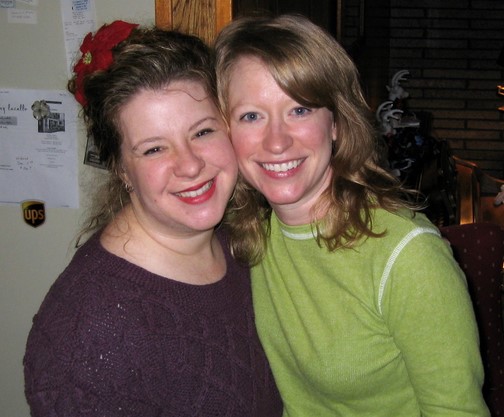Hanging On or Letting Go
Over the last few months, many twin pairs consulted me for help with their relationship. As we delved into the presenting problems and underlying issues, we discovered that both siblings struggled to accept that their childhood expectations of equality did not match the reality of their divergent adult lives. For many reasons, one of the twins inevitably felt dismissed, unimportant, and left out because she no longer played an integral role in her sister’s life. As one woman told me, “I am no longer part of her inner circle.”
Usually, one twin in particular cannot let go of the twinship beliefs she absorbed as a child. She justifies her disappointment and resentment toward her sister by reiterating mantras typical of the twin mystique: you are supposed to be my best friend; you should love me more than anyone else; you don’t care about me anymore, even though we were so close growing up; and as my twin, you should intuitively provide what I emotionally need.
The effect of sharing this earnest agenda with her sister is often shocking. The twin who seems unencumbered by these implicit provisos feels surprised that her sibling is so heavily invested in these convictions. The unaware twin expresses sadness that her sister feels bereft, and she takes responsibility for behaving insensitively and not recognizing her sister’s grievances. After listening to her sister’s perspective, she can respond in a more loving, empathic way.
Extenuating circumstances frequently influence our decisions to change direction in our relationships. We expend a tremendous amount of emotional energy on evaluating these attachments throughout our lifetime. Growing up as a twin puts tremendous pressure on some pairs to embrace a twinship fantasy. When one or both no longer participate in this idealization, each feels hurt and upset. They worry that confronting their differences may lead to irreparable conflict and estrangement.
For these twin pairs, the necessary yet painful therapeutic work requires mutual acknowledgment that their childhood twin bubble cannot sustain their adult connection. For a new attachment pattern to evolve, both siblings need to embrace their separate selves and redefine their relationship. Clinging to the notion that a twin equals an unwavering, lifelong companion does not pan out for all twin pairs. Those willing to work through painful issues have the opportunity to construct a more realistically satisfying twinship instead of living with rancor and bitterness.
Image courtesy of Olaf Gradin (CC BY-SA 2.0)



It’s interesting that when I did my research on school age twins into family relationships a frequent response was ‘my twin should always be there for me’! It appears that this belief often remains leading to strained relationships as I have also experienced in my work with adult twins. Audrey Sandbank, Reigate, UK